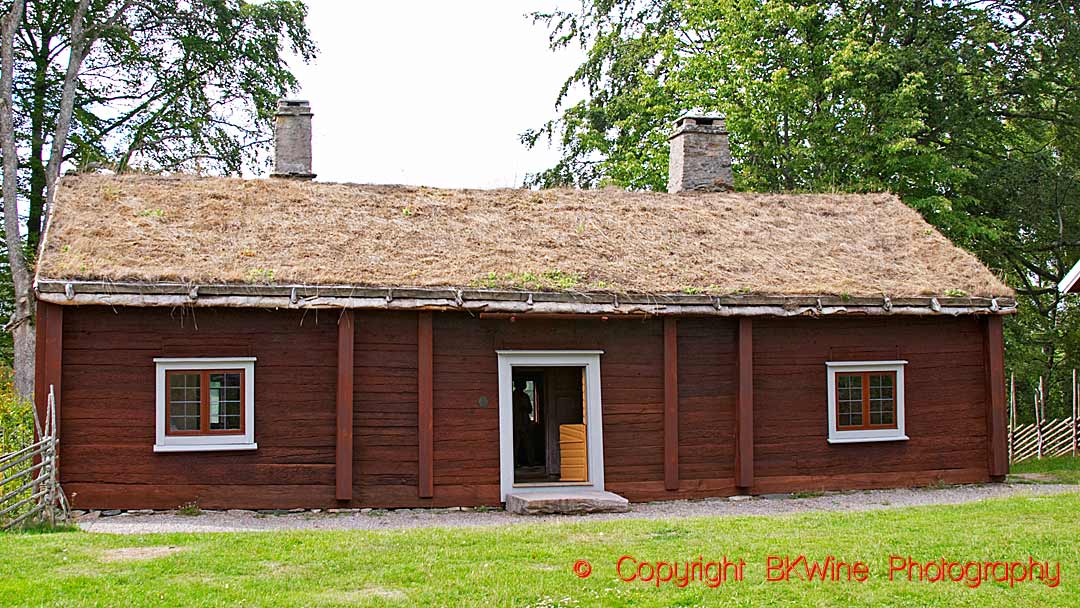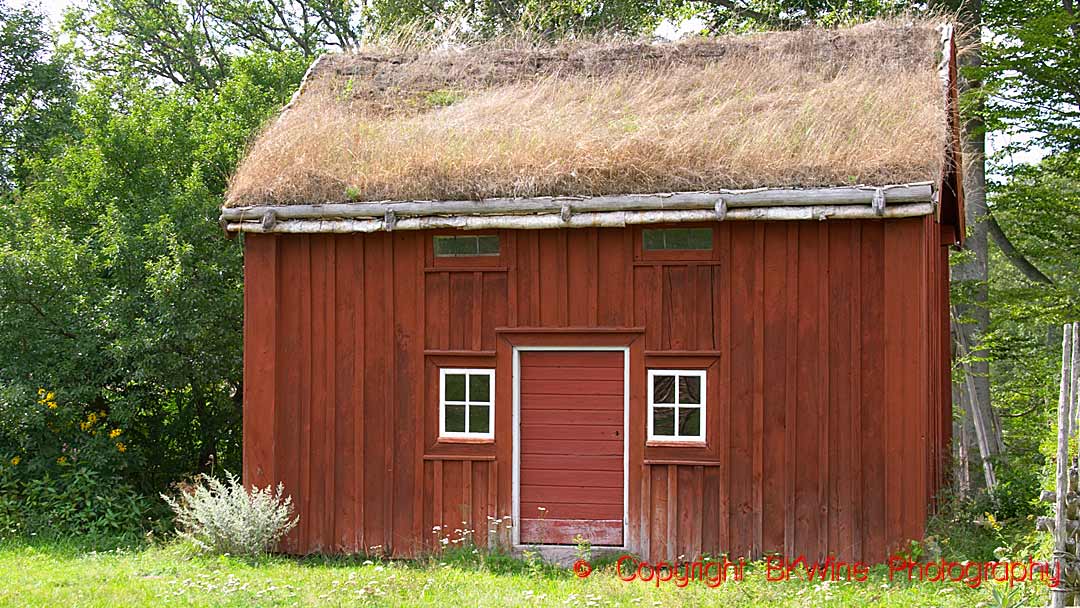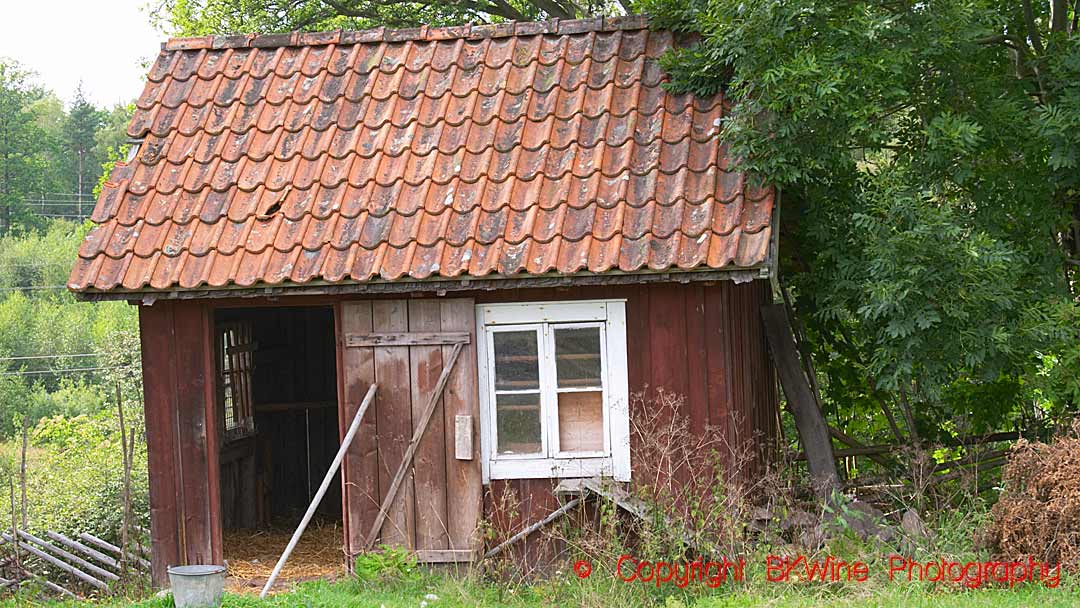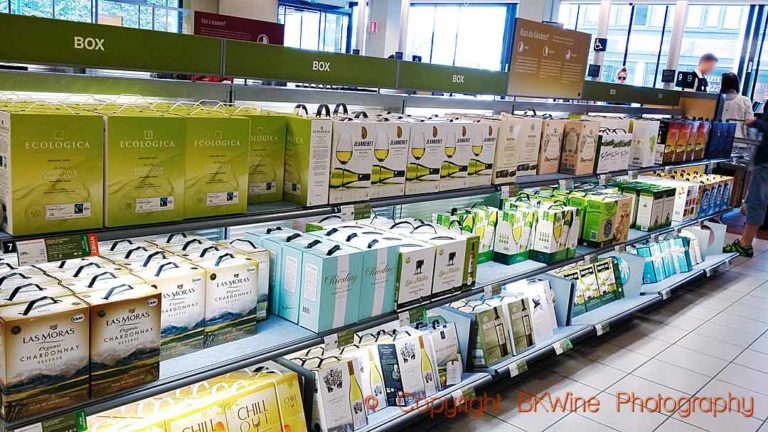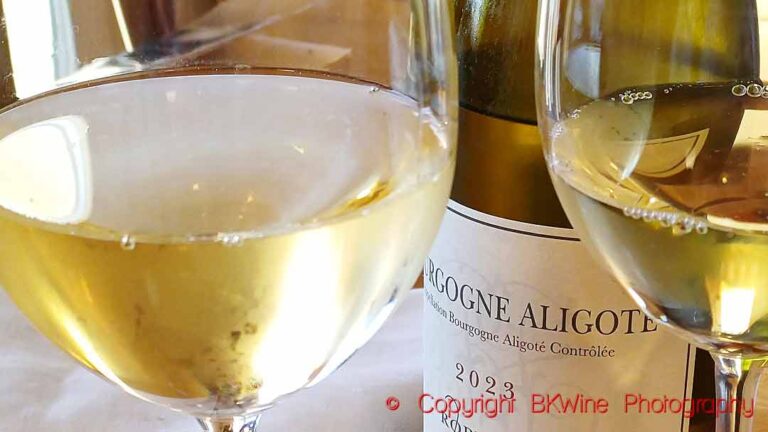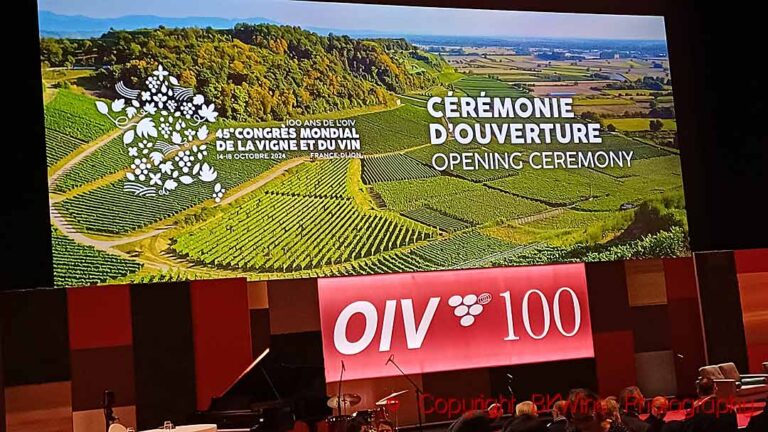We can hardly believe it, but sales of alcoholic beverages directly from the producer are several steps closer to being a reality in Sweden. This country has a die-hard alcohol monopoly, so this is big news. It is also a country with a budding wine industry and many microbreweries. But they cannot (yet) sell what they produce directly to their visitors. All sales have to go through the Systembolaget, the monopoly store. Cellar-door sales does not exist, being simply illegal.
The government has now put forward a proposal, and the prime minister hopes that the new law will enter into force in the first half of 2025. A few hurdles remain to be overcome. The Swedish Riksdag (the parliament) must approve the proposal, which will also be sent for approval to the EU Commission (one can assume that the government has already gauged the situation with the EU).
The government says the proposal protects Systembolaget’s monopoly. Restrictions apply to purchases directly from the farm. You can only buy in connection with a paid visit, and the amount you can buy is limited: 0.7 litres of spirits and 3 litres of wine, beer, and other fermented drinks.
Both spirits, beer, cider, and wine are included in the proposal, but as this is about helping small farmers only producers with a relatively small production ad included in the proposal. If you make spirits, a production of no more than 75,000 litres applies. You may produce 400,000 litres of fermented beverages up to 10% alcohol (such as beer and cider) and 200,000 litres of fermented beverages over 10%. Most wines are in this category, and with this amount, all wine producers in Sweden today should be able to meet the limit. For vineyards, the requirement is that the grapes are grown on-site (a requirement that the beer brewers would find difficult to meet).
Some of the biggest makers of spirits and beer will probably be excluded due to these limits, Mackmyra, for example, a whisky producer that made 150,000 liters of 63% spirit in 2023.


